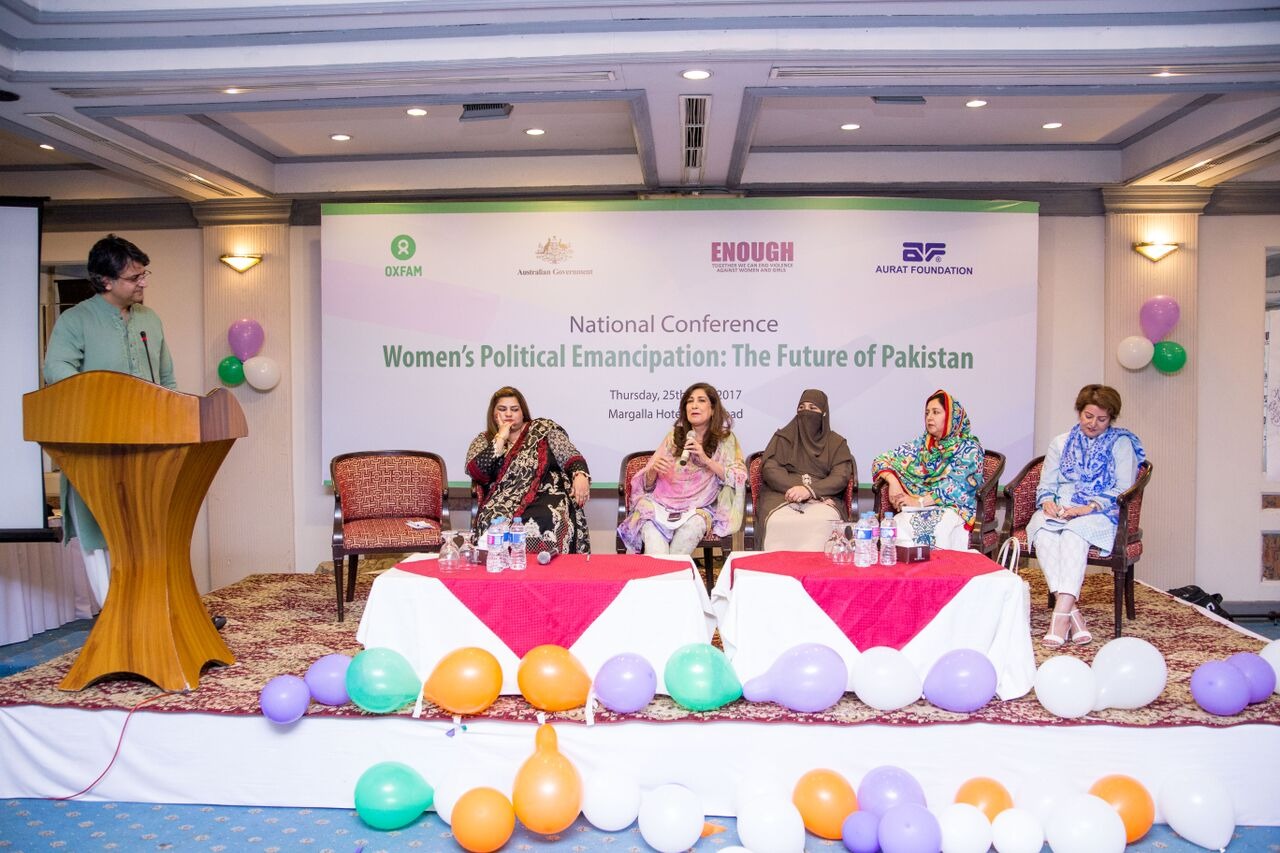The Aurat Foundation has called upon the Election Commission of Pakistan (ECP) to guarantee that all political parties allocate a minimum of five percent of general seats to women candidates in both the provincial and national assemblies, by Article 206 of the Elections Act 2017. The foundation expressed apprehension over the delay in the publication of final lists of candidates by political parties, emphasizing that compliance with Article 206 is a legal prerequisite for the eligibility of parties to receive electoral symbols. They underscored that this requirement is not just a legal obligation but also a constitutional necessity to ensure the participation of women in the electoral and political processes.
The ECP has also urged political parties to ensure a five percent representation of women on general seats for the upcoming general elections, scheduled for February 8, in line with Section 206 of the Elections Act, 2017. The ECP emphasized the collective responsibility of all political parties to contribute to a more inclusive and representative democracy by submitting a comprehensive list of both male and female candidates holding party tickets for general seats within a stipulated period. This initiative aims to address gender disparities in political representation and foster an environment where women actively participate in shaping the future of the nation. The ECP has also reminded political entities that the assigned symbols must adhere to Section 206 of the Elections Act, 2017, ensuring compliance with the five percent representation of women candidates in general seats.
The Aurat Foundation’s advocacy for the protection of women from harassment and the facilitation of their voting to enhance their participation in the democratic process has also gained momentum. The ECP’s ongoing scrutiny of nomination papers for seats reserved for women and minorities in the national and provincial assemblies, along with the upcoming appeals process, reflects a concerted effort to uphold the principles of gender-inclusive representation in the political landscape.


